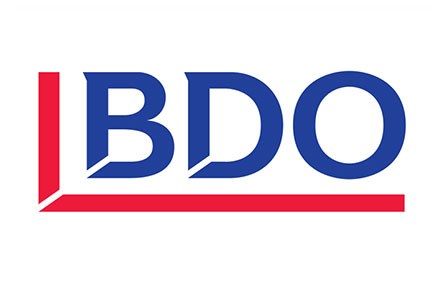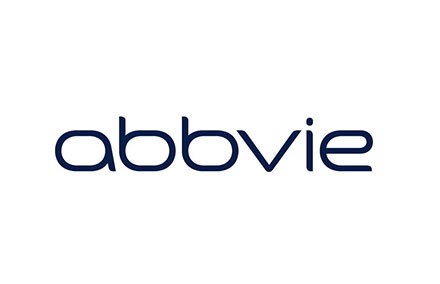GOSSIP VS CONSTRUCTIVE FEEDBACK
Giving feedback continues to be one of the more challenging tasks for many leaders. Recipients struggle with the process just as much, as emotional temperatures typically rise during the process. It is my contention that the primary onus of this process belongs to the giver of the feedback. I have noted that all too often the feedback given has not gone through the due diligence process required so that it is in fact received for its intended purpose – for improvement. I call this feedback Gossip Feedback. This feedback usually starts with “I heard that” or “Someone said” or “I feel that” and lack credibility and objectivity.
Gossip Feedback is filled with subjectivity which results in the recipient questioning the intention of the feedback. Once the intention of feedback is in question, the feedback process is compromised and often results in negative consequences like loss of trust, and disengagement. Constructive feedback, on the other hand, demands validating all feedback and questioning sources as though you were giving a testimony under oath in a court of law. Knowing that the opposing attorney would grill you, no one would give testimony without validating their conclusions. As a leader, you have to recognize that your role and your direct reports require you to make the distinction between gossip and constructive feedback. It is a process that should be treated the same way that you would treat getting ready to give testimony in court.
This week, when you hear feedback on any topic or person, ask yourself if you are hearing gossip feedback or constructive feedback. Is the feedback based on actual facts or someone’s opinion? Be a trial lawyer and question what you receive or give so that you convert all of it to constructive feedback to actually help the person who needs to receive it. Done correctly, you will find that you will start having the same expectation for yourself!




















